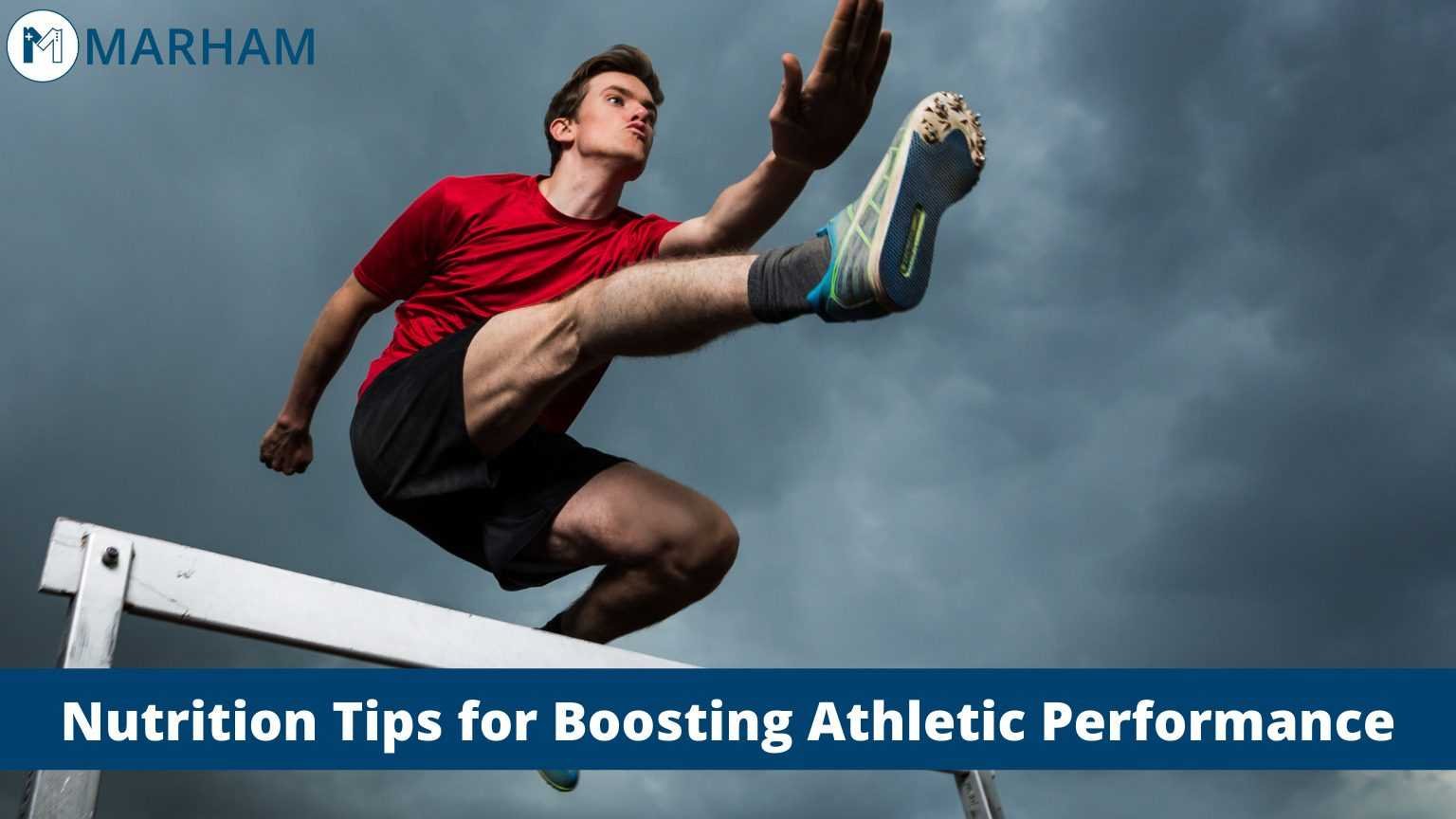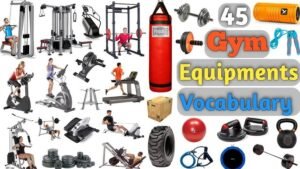Nutrition Tips for Athletes play a crucial role in fueling your body, aiding recovery, and enhancing your athletic abilities.When it comes to maximizing athletic performance, nutrition plays a crucial role. For athletes, the right diet can mean the difference between winning and losing, feeling energized or fatigued. If you’re an athlete looking to optimize your performance, understanding how to fuel your body effectively is essential. In this blog post, we’ll explore key nutrition tips for athletes that can help you reach your full potential.
1.Nutrition Tips for Athletes for Muscle Repair and Growth
Protein is the building block of muscles. Consuming adequate protein helps repair and rebuild muscle tissue after intense workouts. Opt for lean protein sources like chicken, fish, eggs, beans, and tofu. Aim for 0.8-1.2 grams of protein per kilogram of body weight daily.Athletes require a balanced diet tailored to their specific needs, which can vary depending on the sport and intensity level. Key macronutrients include carbohydrates, proteins, and fats. Carbohydrates provide the primary source of energy for high-intensity activities, while proteins are essential for muscle repair and growth. Healthy fats support overall health and sustained energy.
-
Carbohydrates:
Include complex carbs like whole grains, fruits, and vegetables in your diet. They offer a steady release of energy, crucial for endurance and performance.
-
Proteins:
Opt for lean sources such as chicken, fish, beans, and legumes. Protein shakes and supplements can be beneficial, especially post-workout, to aid in muscle recovery.
-
Fats:
Incorporate sources of unsaturated fats such as avocados, nuts, and olive oil. These fats help with hormone production and long-term energy.
2. Stay Hydrated
Proper hydration is fundamental for athletic performance. Dehydration can lead to fatigue, reduced endurance, and impaired cognitive function. Ensure you’re drinking enough water throughout the day, and consider adding electrolytes to replenish those lost during intense training.
-
Pre-Workout:
Drink water in the hours leading up to your workout to stay hydrated.
-
During Workout:
Sip on water or an electrolyte-rich drink to maintain hydration levels.
- Post-Workout:
Rehydrate and restore electrolytes with drinks or foods rich in potassium and sodium.
3. Timing is Everything
Eating at the right times can significantly impact your performance. Proper meal timing ensures that your body has the fuel it needs for training and recovery.
-
Pre-Workout:
Have a meal rich in carbohydrates and moderate in protein about 1-3 hours before exercise. This helps provide sustained energy.
- Post-Workout:
Consume a combination of protein and carbs within 30-60 minutes after training to aid muscle recovery and replenish glycogen stores.
- Meals:
Maintain balanced meals throughout the day to keep energy levels stable and support overall performance.
4. Focus on Micronutrients
Vitamins and minerals are crucial for overall health and performance. Athletes should focus on getting a variety of micronutrients to support energy production, muscle function, and recovery.
-
Iron:
Important for oxygen transport. Sources include lean meats, beans, and fortified cereals.
-
Calcium and Vitamin D:
Essential for bone health. Incorporate dairy products, leafy greens, and sunlight exposure.
-
Antioxidants:
Found in fruits and vegetables, they help reduce oxidative stress from intense exercise.
5. Listen to Your Body
Understanding how your body responds to different foods and hydration levels is key. Pay attention to how different meals and snacks affect your performance and adjust your diet accordingly.
-
Energy Levels:
If you feel sluggish, consider increasing your carbohydrate intake or adjusting meal timing.
-
Recovery:
If you’re experiencing prolonged muscle soreness, evaluate your protein intake and recovery strategies.
6. Avoid Common Pitfalls
Many athletes fall into the trap of fad diets or neglecting their nutritional needs. Avoid these common pitfalls to ensure you’re fueling your body correctly.
-
Skipping Meals:
Ensure you’re eating regularly to maintain energy levels and prevent overeating later.
-
Over-Reliance on Supplements:
While supplements can aid performance, they shouldn’t replace a well-balanced diet.
-
Neglecting Whole Foods:
Prioritize whole, nutrient-dense foods over processed options to get the best results.
When managing back pain, combining proper nutrition with physiotherapy can significantly enhance your recovery and overall well-being. Nutrition plays a pivotal role in supporting the healing process and reducing inflammation, which is crucial for effective physiotherapy. Consuming anti-inflammatory foods like fatty fish, leafy greens, and nuts can complement the exercises and therapies prescribed by your physiotherapist. Proper hydration and balanced nutrition not only help maintain optimal body weight, reducing stress on the back, but also provide the necessary nutrients for muscle repair and joint health. By aligning your diet with your physiotherapy regimen, you can accelerate recovery, improve mobility, and achieve long-lasting relief from back pain.
Conclusion
By focusing on these essential nutrition tips for athletes, you can enhance your performance, improve recovery, and support overall well-being. Remember, effective nutrition is about balance and consistency, not quick fixes. Fuel your body with the right nutrients, stay hydrated, and listen to your body’s needs to achieve peak performance in your athletic endeavors.








